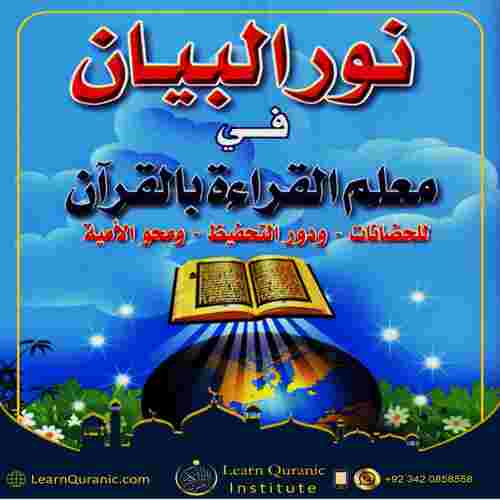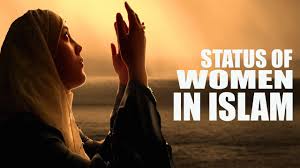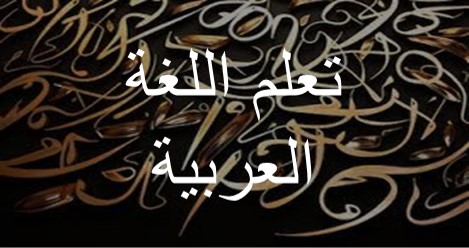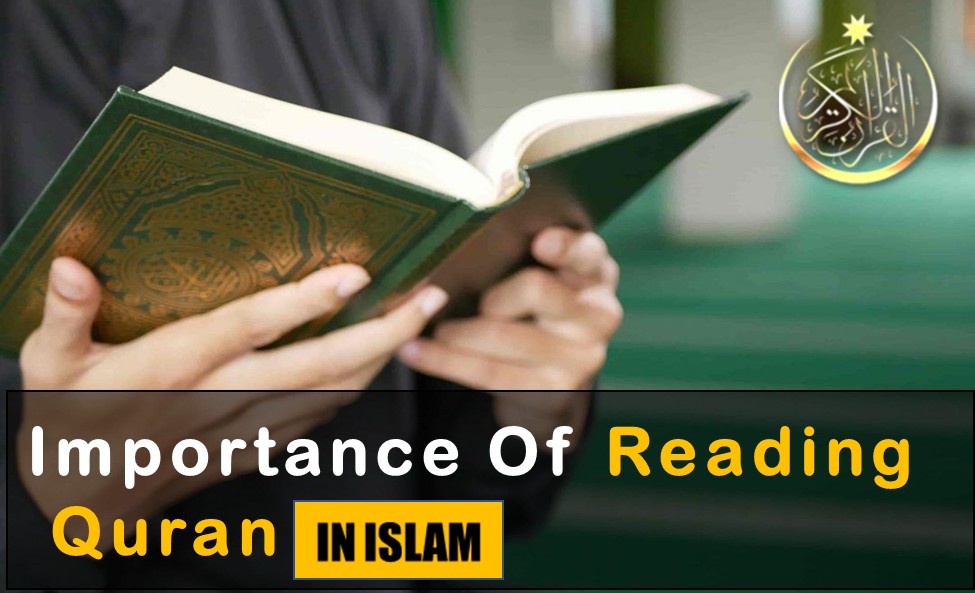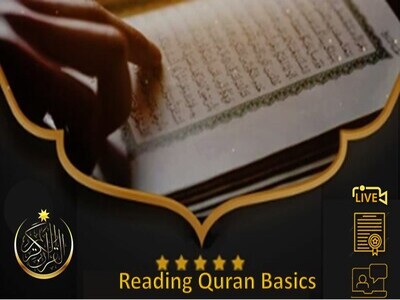Table of Contents
Toggle1. Creation and Equality
In the Quran, both men and women are created from a single soul, emphasizing their inherent equality. This foundational concept lays the groundwork for the respect and dignity afforded to women within Islamic teachings.
2. Spiritual Status
Women in the Quran are recognized as equal participants in spiritual matters. Verses such as Surah Al-Ahzab (33:35) highlight that both believing men and women will be rewarded for their faith and good deeds, underscoring that spiritual accountability is universal, irrespective of gender.
3. Historical Figures
The Quran mentions several influential women from history, such as Maryam (Mary), the mother of Isa (Jesus), and Asiya, the wife of Pharaoh. Their stories serve as powerful examples of faith, resilience, and moral integrity, inspiring women throughout generations.
4. Rights and Responsibilities
The Quran outlines various rights for women, including the right to inheritance, education, and participation in society. Surah An-Nisa (4:7) explicitly states the right of women to inherit property, a revolutionary concept at the time of revelation.
5. Marriage and Family
Marriage is regarded as a sacred institution in Islam, and the Quran emphasizes mutual respect and compassion between spouses. Surah Ar-Rum (30:21) describes marriage as a source of tranquility and affection, highlighting the importance of partnership in family life.
6. Women as Leaders
The Quran acknowledges the potential for women to be leaders and decision-makers. The example of the Queen of Sheba (Bilqis) illustrates that women can hold positions of power and influence, demonstrating wisdom and discernment in governance.
7. Advocates for Justice
Women in the Quran are portrayed as advocates for justice and truth. For instance, the story of Khadijah, the first wife of Prophet Muhammad (PBUH), illustrates her role in supporting and encouraging the Prophet during the early days of Islam. Her commitment to justice and truth remains an inspiration for women today.
8. Community Engagement
The Quran encourages women to engage in community matters. Women like the companions of the Prophet Muhammad (PBUH) participated in battles, spread knowledge, and contributed to the development of the early Muslim community, exemplifying their active role in society.
9. Rejection of Misogyny
The Quran addresses misogyny and the cultural practices that devalue women. Verses condemning the practice of female infanticide (Surah Al-Takwir, 81:8-9) demonstrate the Quran’s advocacy for the sanctity of life and the importance of honoring women.
10. Modern Implications
The teachings of the Quran about women continue to resonate today. They inspire efforts towards gender equality, women’s rights, and empowerment within Muslim communities. Understanding the Quran’s messages can help challenge stereotypes and promote a more inclusive interpretation of women’s roles in Islam.
Conclusion
Women in the Quran are portrayed with dignity, respect, and significance, serving as powerful examples of faith and strength. Their roles are diverse, ranging from spiritual leaders to advocates for justice, reflecting the Quran’s comprehensive approach to gender equality. As society continues to evolve, the lessons derived from the Quran regarding women can guide modern discussions on gender roles, rights, and empowerment in the Muslim world.


